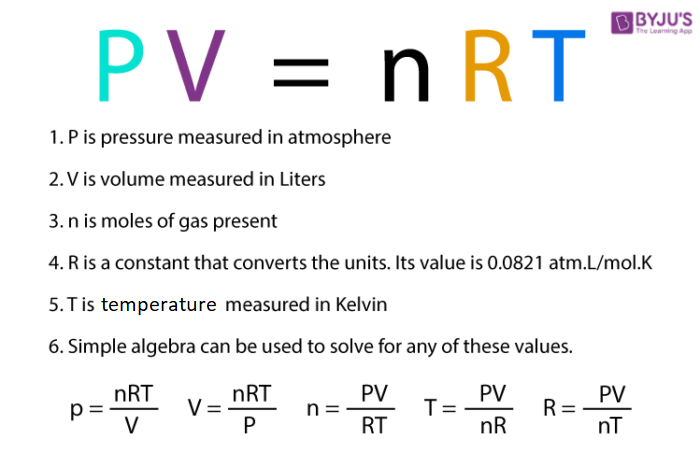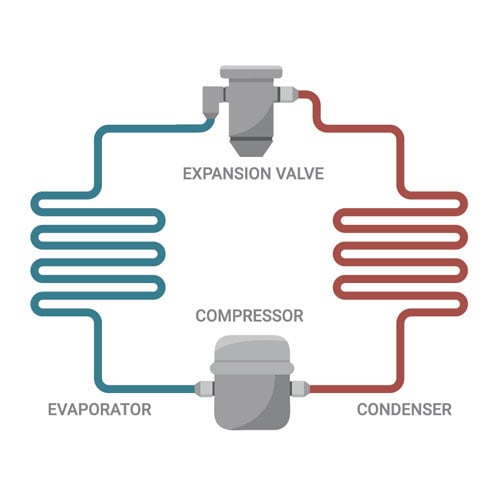Grumblenuts
Gold Member
- Oct 16, 2017
- 15,426
- 5,223
- 210
The ants called to say they have better things to do.
Follow along with the video below to see how to install our site as a web app on your home screen.
Note: This feature may not be available in some browsers.
Whirled From Another WorldWe covered this in my textbook, its been so long like 15 years since I studied that stuff. Their are really only parts that I remember. I still remember how a computer gate works. Anyhoo those parts and ideas are very complex. Are you trying to convince me that you understand how they work? stepping outside the box Nuts we really have to start from scribbly scratch on electricity, you know that.
Back to frequency, if we look at red shift andd blue shift and the doppler effect, we can see the aether is responsible for frequency as the added velocity of the star or car, stretches out the frequency. If frequency is stretched by speed it probably is effected by gravity as well. any thoughts?
No, it's "differently from." Different is not comparative. Perhaps this #StupidSpeak is an over-reaction to Liberals saying something sick is not worse; it's only "different."It's "than"
Whirligigs Are My Gig JobThe Moon doesn't spin though, it just orbits.

Fair enough.No, it's "differently from." Different is not comparative. Perhaps this #StupidSpeak is an over-reaction to Liberals saying something sick is not worse; it's only "different."
Grammar gets only worse. Not only is "differently than" illogical; that error leads to "differently then."
Or too much "Less Is More," because the full expresssion is often "different from the way." I'd use even more words. "He thought of problems differently from the timid-conformist way his professors did."

Grammar Is the Foundation of SemanticsFair enough.
"then" doesn't work because the term "differently" is non-chronological. "than" doesn't work because "differently" is non-quantitative.
"from" works fine for me.

Different From or Different Than?
Mandarin oranges are completely different from clementines. Mandarin oranges are completely different than clementines. Which sentence is correct? Should from or than follow the adjective?…www.grammarly.com
Sort of. Much better (while transparently imperfect):the heat in the earth is stationary and doesn't radiate, if it radiated like typical heat the surface would be like a pan on a stove, but as pressure on a substance increases so does its temperature, its how flourocarbons work in AC, you put pressure on them and they heat up, then you blow the heat away which isn't conventional radiation heat, but pressure heat, then when the refridgerant expands, its freezing cold.
Ideal gases are the gases which have elastic collisions between their molecules and there are no intermolecular attractive forces. In reality, there is no such thing as ideal gases. The gases just show ideal behaviour under certain conditions of temperature and pressure.
When we talk about ideal gases, the following assumptions are taken into consideration:
The ideal gas law:
- The ideal gases are made up of molecules which are in constant motion in random directions.
- The molecules of an ideal gas behave as rigid spheres.
- All the collisions are elastic.
- The temperature of the gas is directly proportional to the average kinetic energy of the molecules.
- Pressure occurs due to the collision between the molecules with the walls of the container.

No such thing as "typical density." If you mean at STP just say so. Better yet:I suppose what happens in the AC system is when they expand the cool/dense fluorocarbons the expanded gas absorbs heat from the surrounding area to go back to equilibrium with its typical density.
The precise definition of STP depends on the organization. That's why it's best to explicitly state the temperature and pressure reference conditions instead of simply stating that a measurement was performed at STP or standard conditions.
No such thing as "time dilation heat".The heat that is blown away is time dilation heat,
Ok Nuts when the static gravity field retracts it causes a density/temperature increase, the denser/hotter aether around the nucleus creates a slower medium for light and you get time dilation. Heat caused by pressure, not the other way around, but heat caused by pressure is time dilation heat that is stationary and if it gets blown away in your AC, it sucks it all back in whether you expand the fluorocarbons or not.No such thing as "time dilation heat".
Haven't read past this yet.. I'll get to it..Ok Nuts when the static gravity field retracts it causes a density/temperature increase, the denser/hotter aether around the nucleus creates a slower medium for light and you get time dilation. Heat caused by pressure, not the other way around, but heat caused by pressure is time dilation heat that is stationary and if it gets blown away in your AC, it sucks it all back in whether you expand the fluorocarbons or not.
Brainstorm: fluorocarbons may absorb heat from a flame more efficiently than water in a boiler.
What is Refrigerant?
Refrigerant is a cooling agent that absorbs heat and leaves cool air behind when passed through a compressor and evaporator. It fluctuates between a liquid or gas state as it goes through the thermodynamic process.
How Refrigerant Works

Here is how refrigerant cools the inside of refrigerators and the air for AC units:
- The refrigerant begins as a liquid when it passes through the expansion device in your unit. It expands and cools due to the sudden drop in pressure causing it to turn into a gas.
- As the gaseous refrigerant passes through the copper evaporator coil inside the unit, it absorbs the heat from the products inside.
- The unit’s compressor then pulls the refrigerant gas and the absorbed heat away from the food products, increasing the pressure of the gas.
- The hot, high-pressure refrigerant then passes through the condenser coils. As it does so, it radiates its heat into the atmosphere and cools back into a liquid.
- The liquid refrigerant reenters the expansion device and the process begins again.